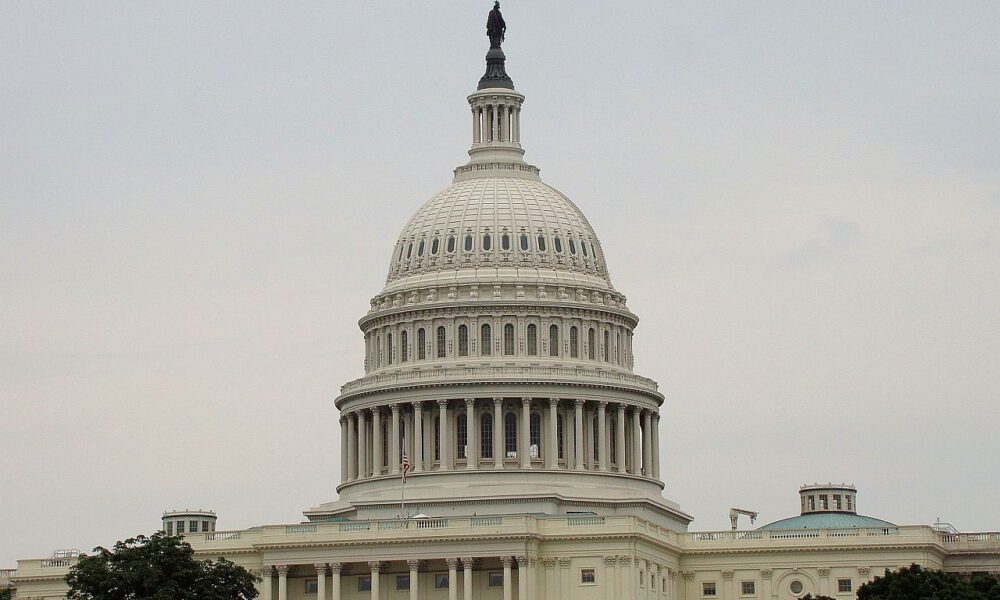Cryptocurrency has received mainstream acceptance from both retail and institutional investors over the years. However, digital currency had a hard time making inroads with skeptical politicians worldwide. The largely unregulated industry has irked many governments and politicians.
As a result their reactions to the industry ranges from banning or restraining the market, to confidently expressing their negative outlook at the very least.
In the latest case of criticism, former Democratic presidential candidate Hillary Clinton argued that cryptocurrencies have the power to undermine the role of the U.S. dollar as the world’s reserve currency, and weaken nations in the coming time.
Speaking at the Bloomberg New Economy Forum on Friday in Singapore, the former First Lady noted,
“One more area that I hope nation-states start paying greater attention to is the rise of cryptocurrency — because what looks like a very interesting and somewhat exotic effort to literally mine new coins in order to trade with them has the potential for undermining currencies, for undermining the role of the dollar as the reserve currency, for destabilizing nations, perhaps starting with small ones but going much larger.”
In fact, her concerns about digital assets were placed in the larger context of cybercrime and warfare using misinformation, artificial intelligence, and malware, among others.
Both financial and national security risks have often been touted by politicians as reasons behind their skepticism for cryptocurrencies. Just last month, former president and Clinton’s opponent Donald Trump had commented that he does not “want to have other currencies coming out and hurting or demeaning the dollar in any way.”
Around the same time, the U.S. Treasury had also stated that cryptocurrencies pose a threat to U.S. sanctions and the dollar’s dominant role in the global economy. It called for robust measures to safeguard national security against them.
The Treasury had also noted the role of crypto in cybercrimes as perpetrators, circumvents the traditional dollar-based financial system to cover their tracks.


